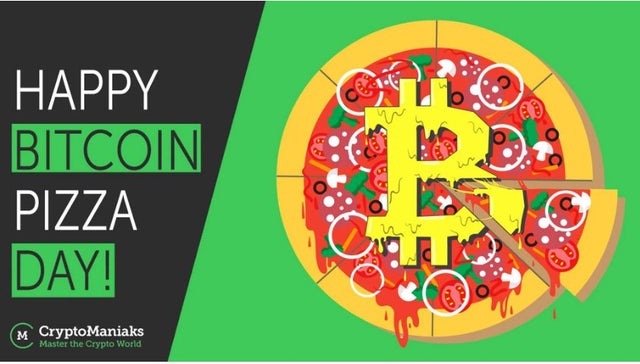Oracle History
Hi all, I am currently trying to do some research on the history of blockchain oracles but am having trouble really finding anything concrete. Would appreciate if someone could point me in the right direction! Looking to answer questions like: What and when was the first oracle created? What protocols were around before chainlink came…
Read more





